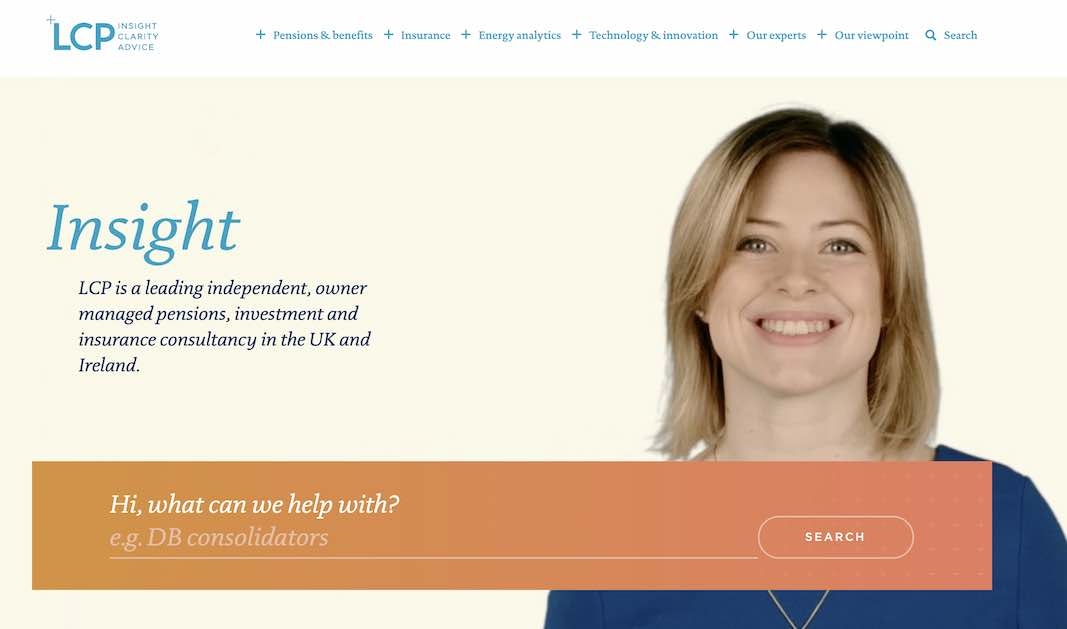LCP has called on the Chancellor to improve the current system of tax breaks for financial advice.
Clive Harrison, partner at the consultancy firm, said the current system is poorly taken up and is not closing the advice gap.
LCP made the call in a submission to the Treasury ahead of tomorrow's Budget.
Currently consumers can use two main sources for help with the cost of financial advice for their pensions: the Pensions Advice Allowance (PAA) and tax relief on employer-funded financial advice.
The PAA allows savers to take £500 out of a Defined Contribution pension pot to redeem against the cost of retirement financial advice. The PAA can be used up to three times provided that this is across three different tax years.
LCP said the poor take-up on the PAA shows that the current system is not fit for purpose.
Not only is the £500 cap often only able to cover a small part of the cost of advice, but LCP said many pension providers systems were not set up to allow for this and as a result “even members who know about the allowance and want to use it may find their provider does not allow them to do so.”
Where employers provide or pay for financial advice, the first £500 is exempt from income tax or National Insurance contributions.
For DB transfers, where members receive communications encouraging them to transfer, the employer funded advice which must be made available is exempt from income tax and National Insurance.
LCP has called for the value of the allowances to be increased beyond the currently £500 limit and for other restrictions to be relaxed to encourage take-up.
Mr Harrison said the rules around both types of allowance are “very restrictive” and so the tax breaks are “of limited relevance.”
He said: “The Chancellor should use his Budget to improve the tax breaks for financial advice, which are simply not working as things stand. The current allowances are too low and too restrictive, and even when members know about them and want to use them they may find that their pension provider refuses.
“There is no doubt that good financial advice can add real value, and far too few people are taking up advice. Reducing the cost of advice through tax breaks is a step in the right direction, but much more needs to be done to make these schemes more effective.”

